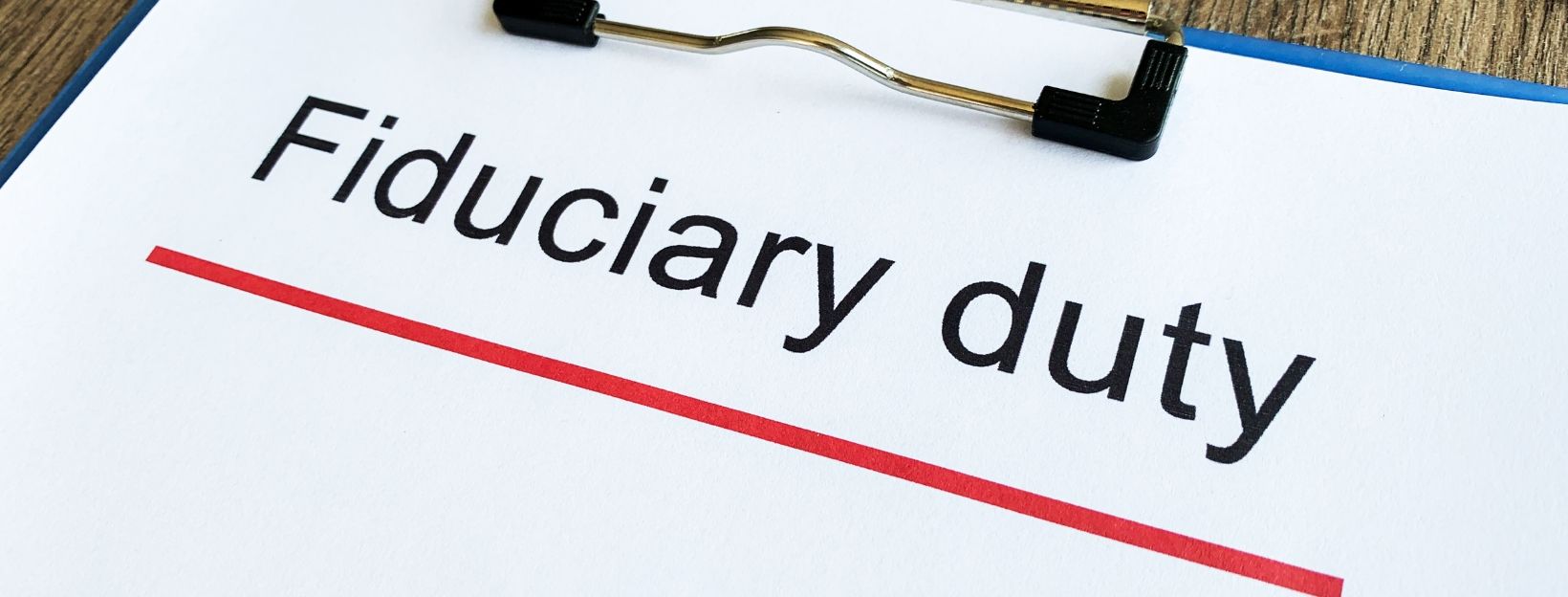Whether you are in the middle of your estate planning process or have just started to consider how to proceed, you are likely wondering how you want your assets dispersed and who should be tasked with that process. A trust can be a great tool in your estate planning tool kit. A properly created trust can give you and your family more options and privacy than a will.
Unlike a will, a trust will help keep your estate from going through an expensive, time-consuming, and public probate process. If you set up a trust, you still create a will, but it becomes a pour-over will, which moves (pours) your assets into your trust. You can choose from different types of trusts, depending on how and when you want your assets dispersed.
Types of Trusts
There are many types of trusts, but they all establish a financial arrangement between three parties: the trustor(s), the trustee(s), and the beneficiary(ies). The person creating the trust is known as the trustor, grantor, or trustmaker. Trusts can be created by more than one person. The trustor chooses one or more persons or entities to serve as the trustee. The trust is for the benefit of one or more beneficiaries, which can be people or entities, such as charities. For some trusts, the trustor, trustee, and beneficiary are the same person.
The Role of a Trustee
The role of a trustee can vary widely, depending on the nature of the trust, wishes of the trustor, and needs of the beneficiaries. Generally speaking, a trustee manages the trust and the assets it holds and disperses income or principal from the trust in accordance with the terms of the trust. A trustor may grant the trustee broad latitude in distributing assets to the beneficiaries or may impose strict guidelines. For example, a trustee may be allowed to make funds available for the general well-being and happiness of the beneficiaries or may only be able to disperse funds for educational purposes.
If the trustor has a beneficiary who has special needs and is receiving benefits from Medicaid, Medicare, or another government program, then the trustee needs to make sure they are dispersing assets without disqualifying the beneficiary from the government program. Some trusts have a special or supplemental needs provision in them, and some are wholly for the person with special needs.
In addition to dispersing the funds of a trust, the trustee also pays any taxes that are owed, records expenses and income, and oversees the physical assets owned by the trust, such as real estate. The trustee may be required to report taxes, expenses, and income to the beneficiaries on a scheduled basis. All these duties will be dictated by the language in the trust.
Choosing a Trustee
In most cases, the trustee of a trust can also be a beneficiary of the trust. One notable example of when a beneficiary cannot be the trustee of their trust is with a special needs trust. For the beneficiary of a special needs trust to qualify for government assistance, they cannot have any control over the assets of their trust or how they are managed and dispersed.
When considering who will be the trustee of your trust, choose a person you can rely on to follow the instructions you lay out in the trust. This person can be a reliable family member or friend, or an entity, such as a bank or trust company. For some trusts, such as a living trust, you can be the initial trustee and select someone else to be the trustee if you become incapacitated or when you die.
More than One Trustee
More than one person can serve as trustee at a time. This can be a good option for when beneficiaries are young. For example, a trustor can allow a young beneficiary to serve as a co-trustee of their trust along with an older trustee until a certain age when the beneficiary can serve as sole trustee.
Choosing the trustee of a trust is an important decision. When you are making this decision, consider the purpose of the trust now and in the future. Consider who will be able to best manage the trust’s assets and the beneficiaries’ needs. An experienced estate planning attorney can help you create the trust, or trusts, that will best suit your needs and select the right trustees. Contact us to schedule a consultation.
more news you can use



Still have questions?











